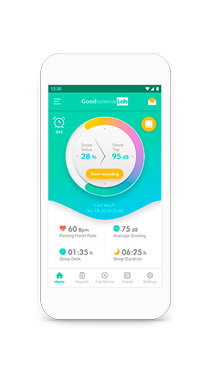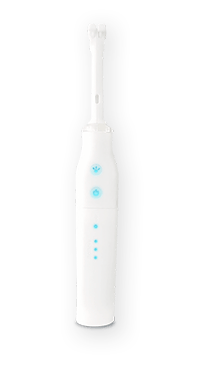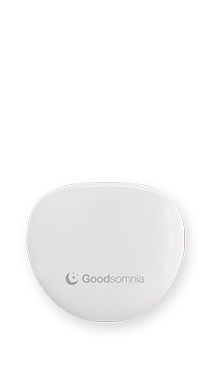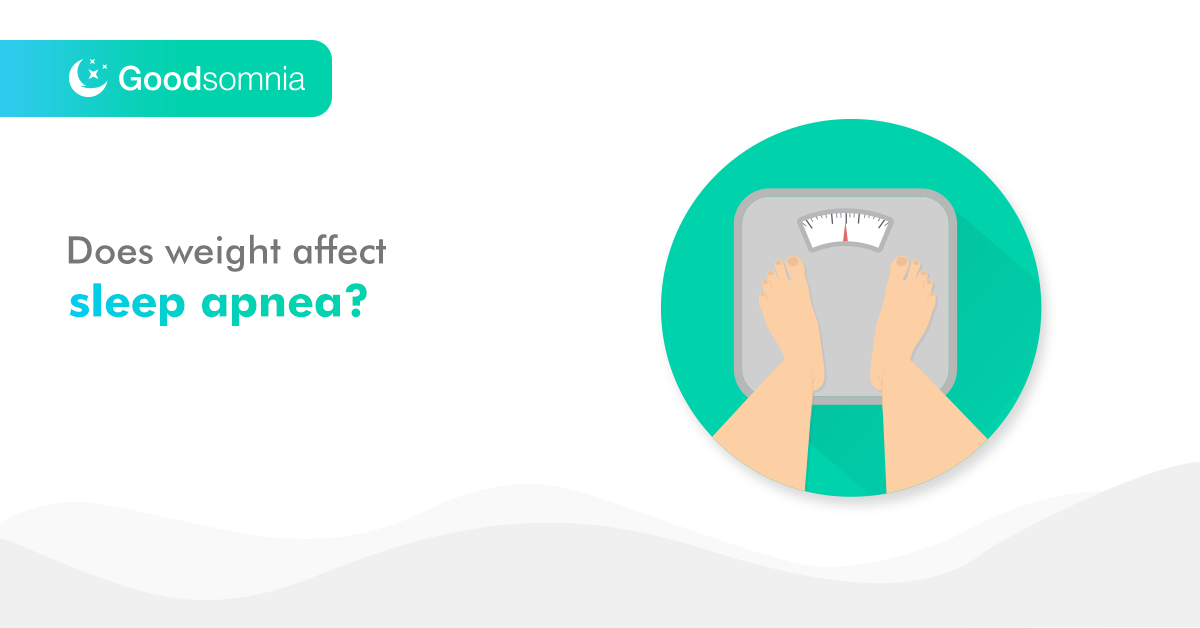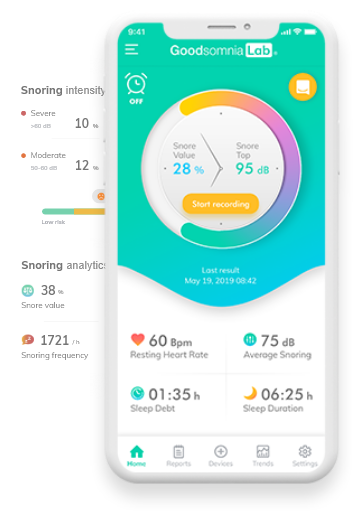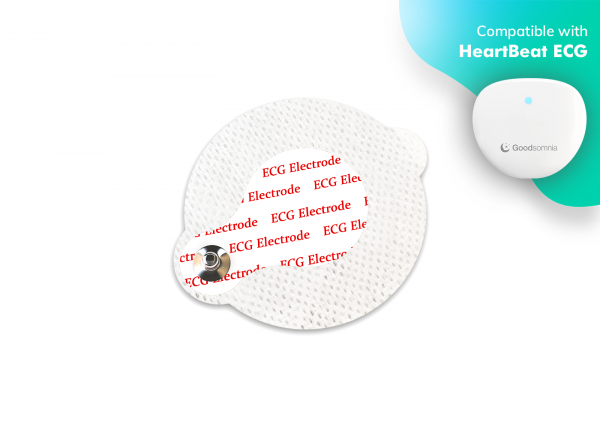Why sleep apnea and weight loss are tied to each other?
Being overweight is one of the main risk factors for sleep apnea. Figures show that every second person with OSA are obese. So losing weight may well be the simplest way out of the problem.
Surprisingly… the interaction between losing weight and sleep apnea works opposite ways too. If you experience OSA the quality of your sleep drops. Sleep is time when your hormonal system refreshes and balances its resources, including hunger hormones. They impact what and how we eat. When this balance is broken, people tend to eat more. Fatigue after poor sleep decreases physical activity during the day, making the situation worse.
Such sleep apnea effects on weight loss encourage complex approaches for treating OSA.
Does treating sleep apnea help weight loss?
If you wonder ‘will losing weight stop sleep apnea?’ be sure that it will improve your general condition anyway. One of the first recommendations for people who are at risk of cardiac disorder is correcting the diet. As you might know, OSA is strongly connected with heart disease. So weight loss cures work well for both. Doctors observe positive changes in sleep apnea patients after they lose at least 10% of excess weight.
OSA makes it harder to lose fat and obesity worsens the symptoms of apnea. People tend to overlook the connection between the body’s basic needs that develops into serious problems. Healthy sleep, balanced diet and activity must be the priority. It’s proved that people who treat sleep apnea lose weight better than those who ignore it. Systematic and complex therapy can ensure weight loss after sleep apnea treatment.
For some patients it’s easier to apply anti-snoring devices than change eating habits or hit the gym. But remember the circular nature of obesity and OSA. If you want to make treatment 100% effective, attack the problem from both sides.
Obstructive sleep apnea and weight gain
As you can see after reading this article, obstructive sleep apnea and weight gain are a perfect match. They complement and depend on each other in many ways. When you gain weight, some areas of your body seem to suffer more. Fat accumulates everywhere, including your neck. That, in turn, creates more pressure on throat tissues and obstructs normal breathing during sleep.
So, if you’re overweight, be ready to develop sleep apnea. If you have OSA, be ready to gain weight.
Curing sleep apnea and losing weight should be done simultaneously. You can always monitor the quality of your sleep with the help of Goodsomnia Lab and find effective ways for OSA treatment with us.

